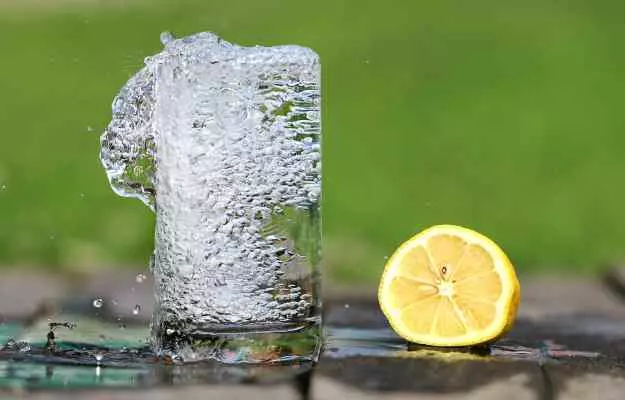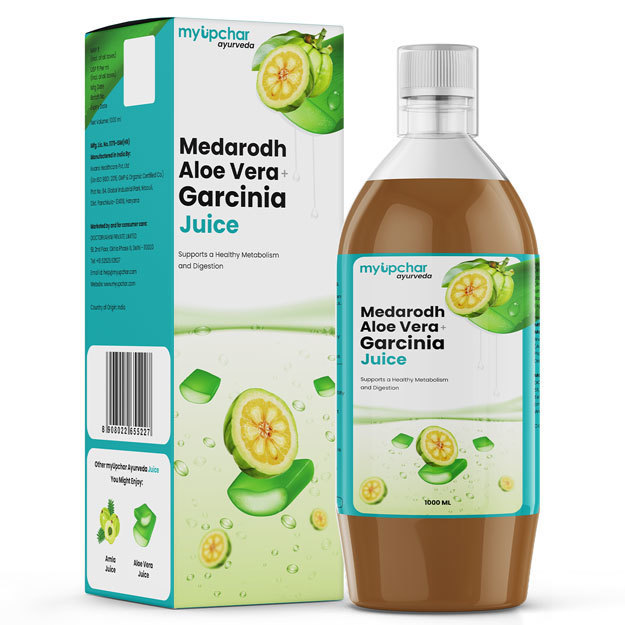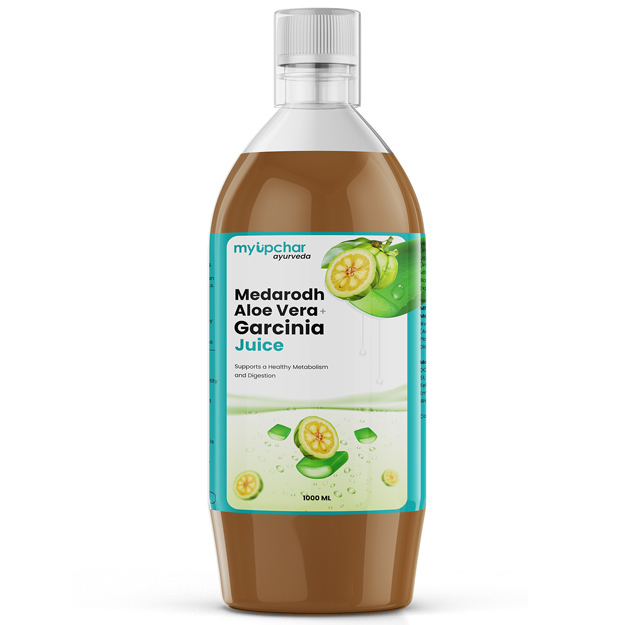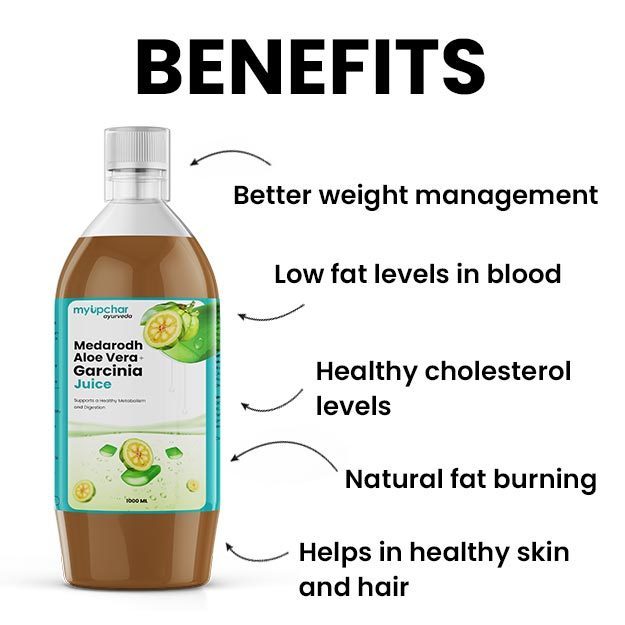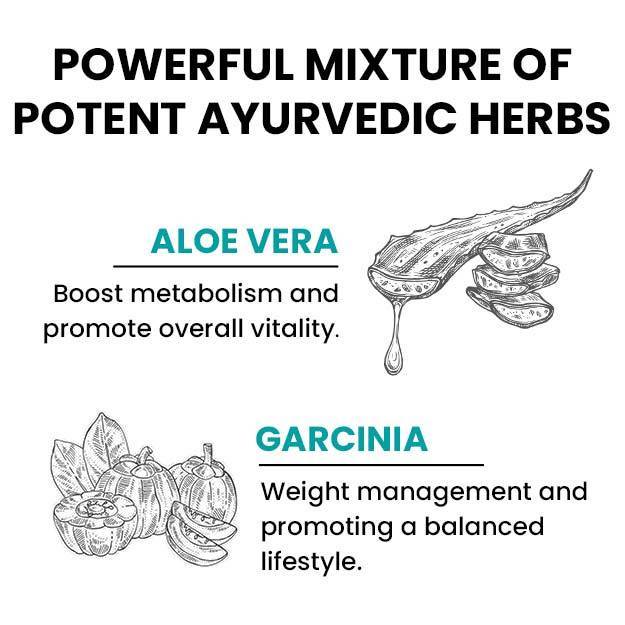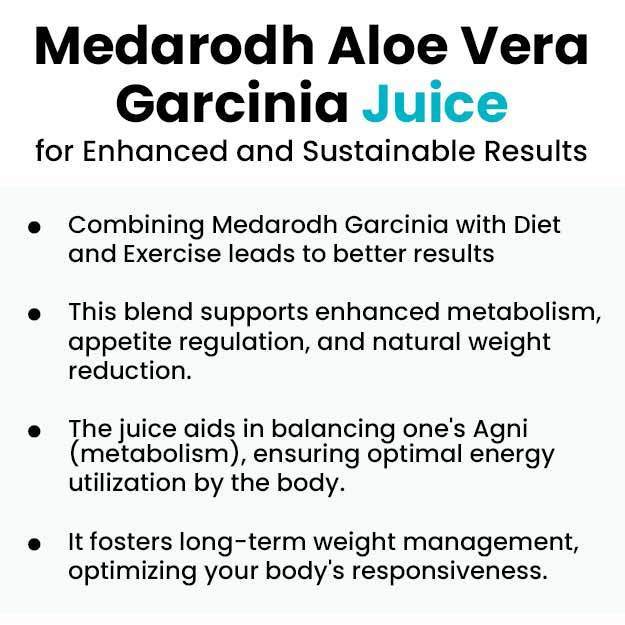Ever imagined hot Indian summers without our sherbets to cool us down? Difficult isn’t it? Indian summers are the made enjoyable with these tasty cool drinks. Though various fruit sherbets can be made, none is as healthy and easy to make as a lemon juice or nimbu pani, as it is popularly known in India.
Lemon water, also known as nimbu pani, is nothing but the juice of a lemon squeezed into water. Nimbu pani consists of around 5% of citric acid which gives it a sour taste. Depending on your liking it can either be made sweet or salty or both. It can be consumed either hot or cold. Additional ingredients like mint, chaat masala, cumin powder etc can be added for better satisfaction of taste buds. There are a number of Nimbu pani recipes to spice up your drink, making it simple yet varied and delicious.
Apart from being a cooling drink, lemon water is also popularly used as a weight loss and detox remedy by some. But did you ever wonder what makes this simple recipe loaded with so many health benefits?
Lemons are enriched with a variety of nutrients such as vitamin C, calcium, magnesium, iron, potassium, and sodium. They are a notable member of the citrus family and are also a good source of potassium. Vitamin C alone makes a repository of health as it helps improve immunity.
And that is not even the half of it.
If you are curious to know more about the benefits of lemon water, this article is for you.
Some basic facts about Nimbu/Lemon:
- Botanical Name: Citrus Limon
- Family: Rutaceae
- Common Name: Nimbu
- Native Region and geographical distribution: Lemons are believed to be originated in Assam, Northern Burma or China. Asian countries like India, China and South American countries of Argentina, Brazil and North American nations like Mexico jointly amount to more than half of lemon production in the world
- Interesting facts: Maximum juice can be extracted from a lemon by rolling it on a flat surface before cutting it. Also, lemons with thinner skin are juicier.

